Humans
-
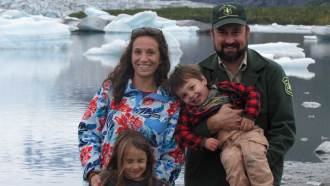 Health & Medicine
Health & MedicineA 25-year-effort uncovers clues to unexplained deaths in children
When Laura Gould’s daughter died in 1997, there was almost no research in unexpected deaths in children older than one. Gould helped change that.
-
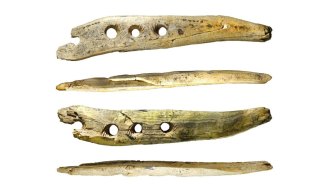 Archaeology
ArchaeologyA four-holed piece of ivory provides a glimpse into ancient rope-making
The tool, unearthed in Central Europe, suggests that locals made devices for stringing together sturdy cords over 35,000 years ago, researchers say.
By Bruce Bower -
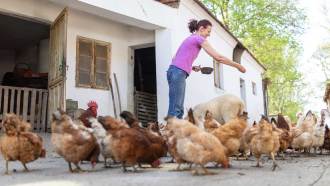 Microbes
MicrobesBird flu viruses may pack tools that help them infect human cells
Bringing along their own ANP32 proteins may give avian flu viruses a jump-start on copying themselves to adapt to and infect humans and other animals.
-
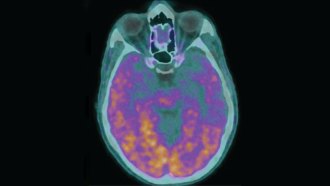 Health & Medicine
Health & MedicineUnder very rare conditions, Alzheimer’s disease may be transmitted
Alzheimer’s isn’t contagious. But contaminated growth hormone injections caused early-onset Alzheimer’s in some recipients, a new study suggests.
-
 Humans
HumansHere’s why COVID-19 isn’t seasonal so far
Human immunity and behavior may be more important than weather for driving seasonality when it comes to COVID-19.
-
 Climate
ClimateCold, dry snaps accompanied three plagues that struck the Roman Empire
New climate data for ancient Italy point to temperature and rainfall influences on past infectious disease outbreaks.
By Bruce Bower -
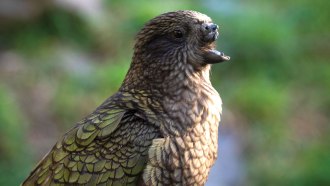 Animals
AnimalsWhat parrots can teach us about human intelligence
By studying the brains and behaviors of parrots, scientists hope to learn more about how humanlike intelligence evolves.
-
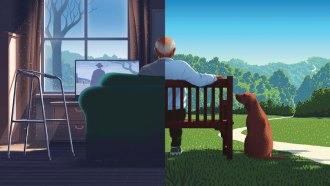 Health & Medicine
Health & MedicineIs aging without illness possible?
Researchers are harnessing basic biology to develop drugs that foster healthy aging. Just don’t call them antiaging pills.
-
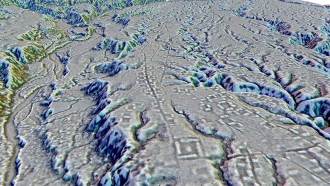 Archaeology
ArchaeologyAn ancient, massive urban complex has been found in the Ecuadorian Amazon
Found by airborne laser scans, this settlement and others throughout Mesoamerica and the Amazon are shifting how archaeologists think about urbanism.
By Amanda Heidt -
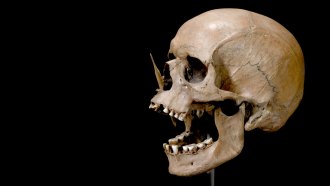 Genetics
GeneticsHow ancient herders rewrote northern Europeans’ genetic story
New DNA analyses show the extent of the Yamnaya people’s genetic reach starting 5,000 years ago and how it made descendants prone to diseases like MS.
By Bruce Bower -
 Health & Medicine
Health & MedicineThe teen brain is especially susceptible to the harms of THC
Marijuana that’s higher in THC and concentrated cannabis products may pose even higher risks of addiction and psychosis.
-
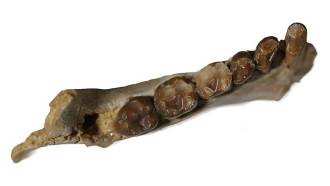 Anthropology
AnthropologyAncient primates’ unchipped teeth hint that they ate mostly fruit
Of more than 400 teeth collected, just 21 were chipped, suggesting that early primate diets were soft on their choppers.